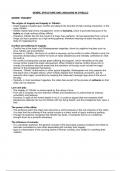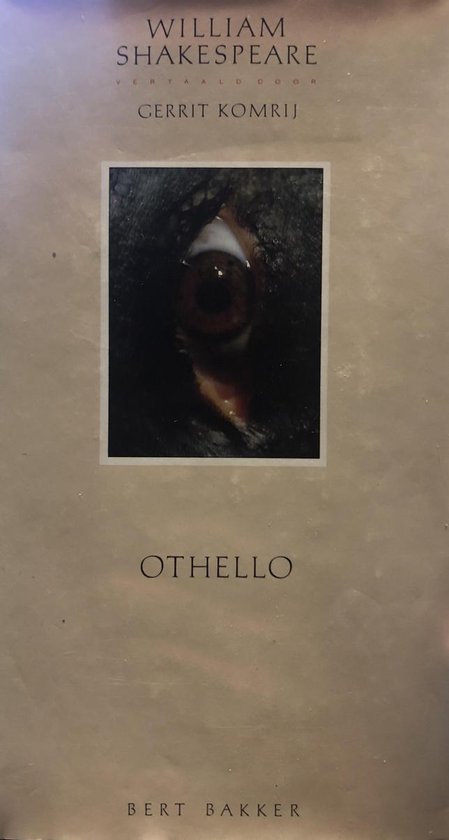Summary
Summary Genre, structure and language in 'Othello'
- Course
- Institution
- Book
NOTES ON GENRE, STRUCTURE AND LANGUAGE IN 'OTHELLO' WHICH I USED TO HELP ME ACHIEVE AN A* - AQA ENGLISH LITERATURE B - This document provides a brief and concise analysis of genre, structure and language in 'Othello.' The ideas within this document can be incorporated and adapted into any essay.
[Show more]




